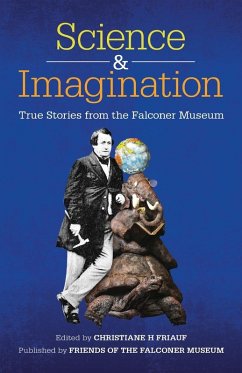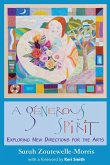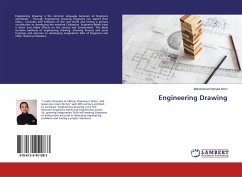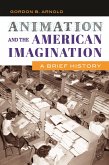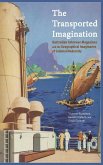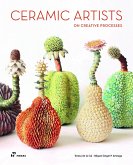"Imagination is more important than knowledge. For knowledge is limited, whereas imagination embraces the entire world." (Albert Einstein) Hugh Falconer (1808-1865), botanist, geologist, palaeontologist, a famous polymath of the Victorian era, was a highly visionary scientist. Without the gift of imagination, all his profound knowledge of anatomy would not have sufficed to envision an entire mammoth when, in 1846, he studied no more than the fragment of a tooth. This fragment had been sent to him by his colleague Charles Lyell. Falconer's discovery entered the history of science as Columbian mammoth, while other aspects of his work, including his discussions with Charles Darwin on Creationism and evolution, still await proper documentation. In this collection, published by the Friends of the Falconer Museum, essays from three continents discuss important aspects of Falconer's work, life, and continuing influence. Still unknown to some, the Falconer Museum in his Scottish home town Forres, Moray, guards Indian fossils and European Palaeolithic artefacts of international importance, findings which the scientist sent home from his many expeditions. Other treasures from different fields of science, including social history and biology, add to the museum's wealth. Falconer the man and Falconer the museum are explored in inspiring academic papers, intimate personal reflections, and highly informed short stories. This unique collection champions science and the history of science while celebrating 150 years since the museum first opened to the public.
Hinweis: Dieser Artikel kann nur an eine deutsche Lieferadresse ausgeliefert werden.
Hinweis: Dieser Artikel kann nur an eine deutsche Lieferadresse ausgeliefert werden.

